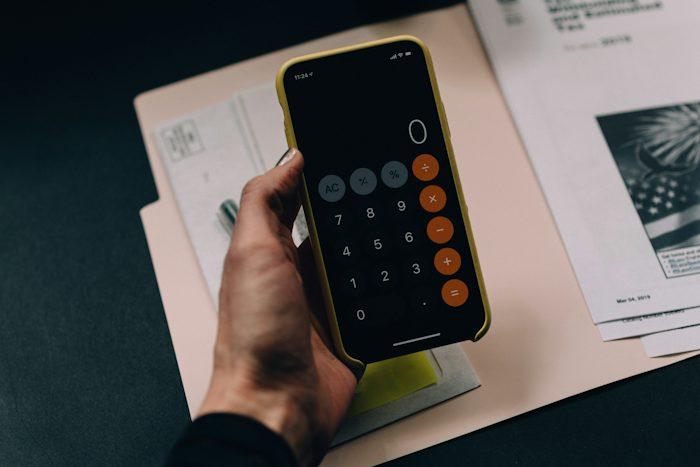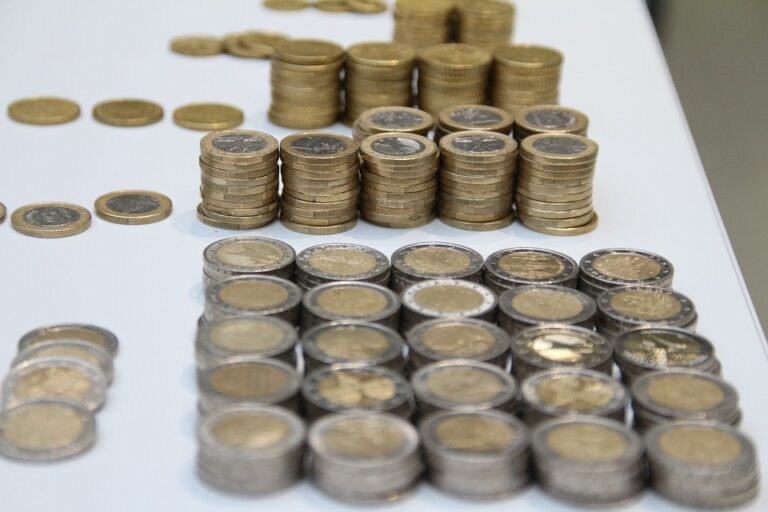Last updated Jul. 24, 2024 by Okechukwu Nkemdirim
Turning 18 is a monumental milestone in a young adult’s life, marking the transition into legal adulthood. With this new stage comes increased responsibility and new opportunities, including the ability to apply for a credit card. While some may argue that credit cards are a financial trap, opening a credit card at 18 can provide numerous long-term benefits if handled responsibly. This article explores why securing a credit card at this age is a prudent decision, outlining the advantages and offering tips on how to manage credit responsibly. Let’s dive into why you should consider opening a credit card when you turn 18.
Building Credit History
One of the most compelling reasons to open a credit card at 18 is to start building your credit history. A strong credit score can significantly impact various aspects of your life, from securing loans and mortgages to obtaining rental agreements and even influencing job prospects. Credit history is built over time; the longer you have demonstrated responsible credit behavior, the better your credit score will be.
Starting young gives you the advantage of time. By opening a credit card at 18 and making regular, on-time payments, you set the foundation for a positive credit record. This early start can make achieving an excellent credit score by the time you’re in your mid-20s much more feasible, opening doors to better financial opportunities.
Learning Financial Responsibility
Getting a credit card at 18 provides an excellent opportunity to learn financial responsibility. With a credit card, young adults are exposed to the realities of managing credit and debt. They learn the importance of paying bills on time, the consequences of overspending, and the impact these actions can have on their credit score.
Emergency Preparedness
Unexpected expenses can occur at any time. Having a credit card in your wallet can serve as a financial safety net. Whether it’s a car breakdown, medical emergency, or urgent travel requirement, a credit card can provide quick access to funds when you need it most. This can be particularly important for young adults who may not have substantial savings to fall back on.
Rewards and Perks
Many credit cards come with rewards programs, offering points, cashback, or travel miles for every dollar spent. At 18, you can start taking advantage of these rewards which, over time, can amount to significant savings. Additionally, some credit cards offer perks like travel insurance, purchase protection, and concierge services, which can be incredibly beneficial.
Preparing for Future Large Purchases
When you eventually need a car loan, mortgage, or student loan refinancing, having a long credit history can be advantageous. It demonstrates to potential lenders that you are a trustworthy borrower. Your credit score can also affect the interest rates you’re offered; the better your credit, the lower your interest rate, potentially saving you thousands of dollars over the life of a loan.
Steps to Manage a Credit Card Responsibly
While there are numerous advantages to opening a credit card at 18, it’s essential to manage it responsibly to avoid pitfalls. Here are a few steps to ensure you stay on the right track:
Start with a Secured Card
A secured credit card requires a security deposit, which often serves as your credit limit. This reduces the risk to the lender and can be an excellent way for young adults to start building credit without the temptation of high credit limits.
Pay Your Balance in Full
Avoid carrying a balance from month to month. Paying your balance in full each month not only helps you avoid paying interest but also demonstrates financial responsibility.
Monitor Your Spending
Keep track of your expenditures and stay within your budget. Using credit for convenience rather than as an extension of your cash flow helps maintain financial stability.
Keep Your Credit Utilization Low
Credit utilization, the ratio of your credit card balance to your credit limit, is a significant factor in your credit score. Aim to use no more than 30% of your available credit.
Regularly Check Your Credit Report
Routine checks of your credit report ensure that there are no errors or fraudulent activities affecting your score. It also helps you stay informed about your credit status.
✓ Short Answer
Starting young with a credit card at 18 helps build a robust credit history, teaches financial responsibility, provides emergency funds, and offers rewards. Manage it wisely by using secured cards, paying balances in full, monitoring spending, keeping credit utilization low, and checking credit reports regularly.
FAQs
What is a Credit Score, and Why Does it Matter?
A credit score is a numerical representation of your creditworthiness, indicating the likelihood that you will repay borrowed money. Lenders use credit scores to assess the risk of extending credit to you. A higher credit score can lead to lower interest rates and better loan terms.
How Can I Get a Credit Card at 18?
You can apply for a student credit card or a secured credit card if you are 18. Some issuers might require you to show proof of income or have a co-signer if you do not have an independent income source.
What Are the Risks of Getting a Credit Card at 18?
The primary risk is accumulating debt that you cannot pay off, which can lead to a poor credit score and financial stress. Responsible usage, such as not overspending and paying off balances monthly, mitigates these risks.
Can an 18-Year-Old without a Job Get a Credit Card?
Yes, but it might be challenging. Some issuers require proof of independent income. Alternatively, you might need a co-signer, or you can opt for a secured credit card that requires a deposit.
How Does a Secured Credit Card Work?
A secured credit card requires a cash deposit, typically equal to your credit limit. This deposit acts as collateral for the issuer, reducing their risk. Using a secured card responsibly can help build your credit score over time.
Is Credit Card Interest Compounded Daily?
Yes, credit card interest is typically compounded daily based on your average daily balance. This means interest is calculated daily and added to your balance, which can increase the amount you owe rapidly if you carry a balance.
What is the Best Way to Pay Off a Credit Card Balance?
The best way is to pay the full balance each month to avoid interest charges. If that is not possible, pay more than the minimum payment to reduce the principal faster and lower the interest you will pay over time.
How Can I Build Credit without a Credit Card?
You can build credit without a credit card by using alternative methods such as:
- Authorized User: Become an authorized user on a parent or guardian’s credit card.
- Student Loans: Timely payments on student loans can also build credit.
- Personal Loans: Responsible repayment of small personal loans can reflect positively on your credit report.
Are There Fees Associated with Credit Cards?
Yes, credit cards often have fees such as annual fees, late payment fees, foreign transaction fees, and over-the-limit fees. It’s essential to read the terms and conditions of any credit card to understand the fees involved.
Can I Use a Credit Card to Boost My Credit Score Quickly?
Yes, responsible use of a credit card can boost your score. Pay your balance in full each month, avoid high utilization rates, and don’t apply for too many new credit accounts simultaneously. These practices will help increase your credit score over time.
Conclusion
Obtaining a credit card at 18 can set the stage for a prosperous financial future. By building a strong credit history early, learning to manage finances responsibly, and enjoying the benefits of rewards programs, you equip yourself with the tools necessary for financial success. Remember, the key to benefiting from a credit card is responsible usage. With discipline and management, a credit card can be a powerful asset rather than a liability.
Start young, stay informed, and use credit wisely. Your future self will thank you.







